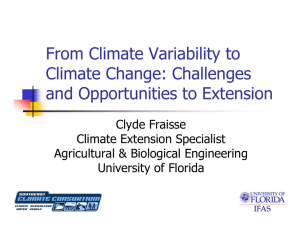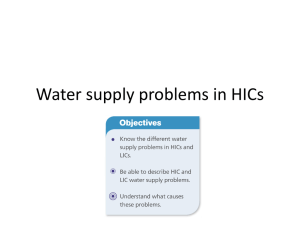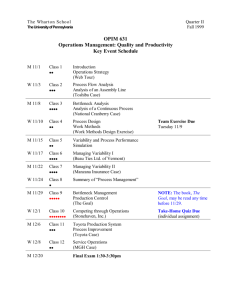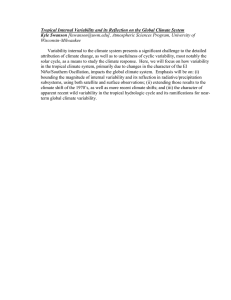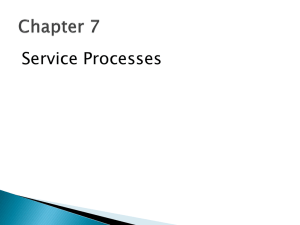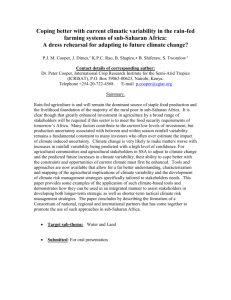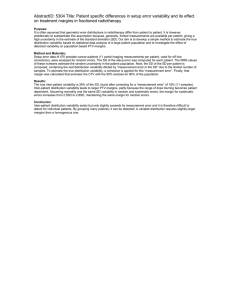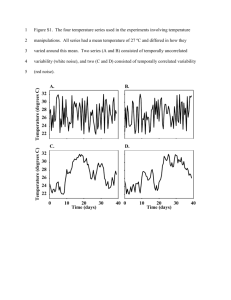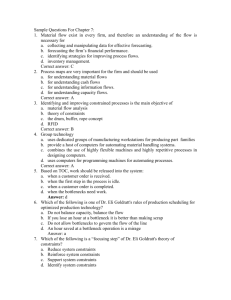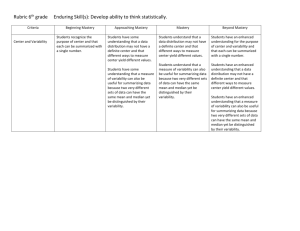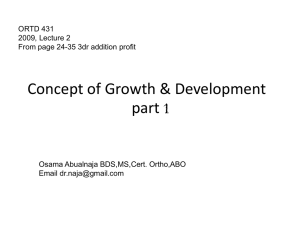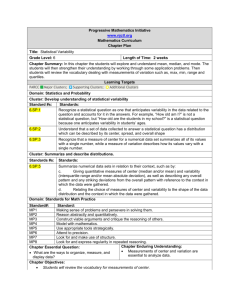MET 3201 Climate Change
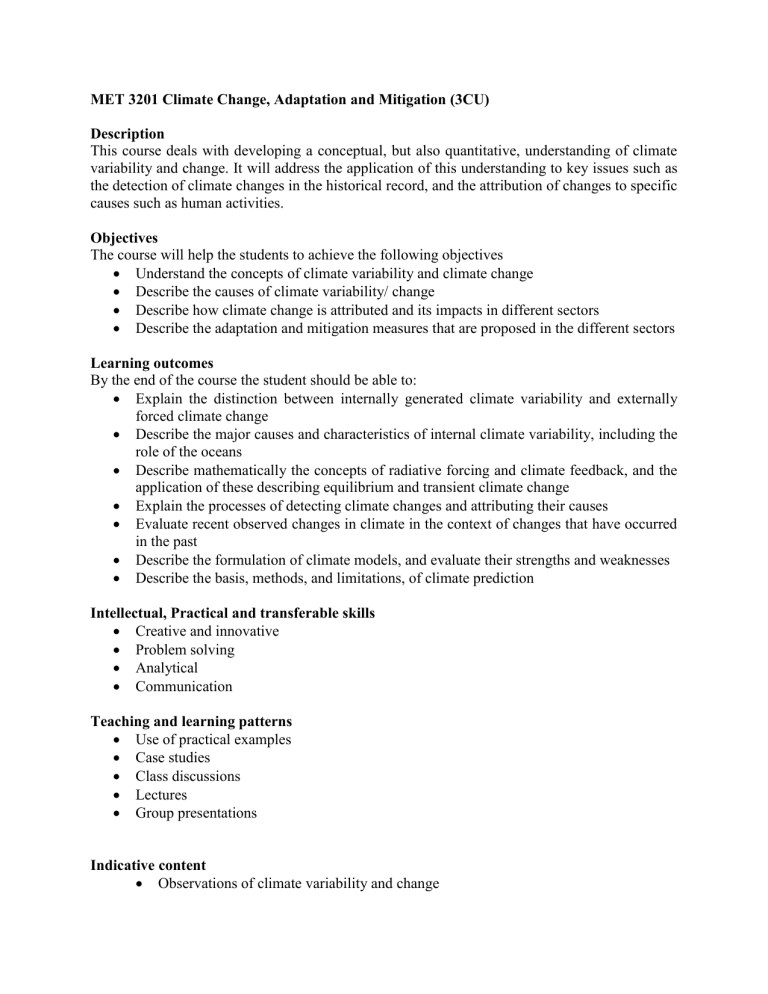
MET 3201 Climate Change, Adaptation and Mitigation (3CU)
Description
This course deals with developing a conceptual, but also quantitative, understanding of climate variability and change. It will address the application of this understanding to key issues such as the detection of climate changes in the historical record, and the attribution of changes to specific causes such as human activities.
Objectives
The course will help the students to achieve the following objectives
Understand the concepts of climate variability and climate change
Describe the causes of climate variability/ change
Describe how climate change is attributed and its impacts in different sectors
Describe the adaptation and mitigation measures that are proposed in the different sectors
Learning outcomes
By the end of the course the student should be able to:
Explain the distinction between internally generated climate variability and externally forced climate change
Describe the major causes and characteristics of internal climate variability, including the role of the oceans
Describe mathematically the concepts of radiative forcing and climate feedback, and the application of these describing equilibrium and transient climate change
Explain the processes of detecting climate changes and attributing their causes
Evaluate recent observed changes in climate in the context of changes that have occurred in the past
Describe the formulation of climate models, and evaluate their strengths and weaknesses
Describe the basis, methods, and limitations, of climate prediction
Intellectual, Practical and transferable skills
Creative and innovative
Problem solving
Analytical
Communication
Teaching and learning patterns
Use of practical examples
Case studies
Class discussions
Lectures
Group presentations
Indicative content
Observations of climate variability and change
Internal variability of the climate system, including ENSO
Radiative forcing of climate change: greenhouse gases, solar variability, aerosols and volcanoes
Climate feedback mechanisms
Causes of climate change on millennial and longer timescales: orbital forcing and ice age cycles
Detection of climate change and its attribution to specific causes,
Climate predictability and prediction
Natural Disaster Impacts of extreme weather events on ecosystems in Africa, floods, drought Mitigation and Adaptation
Early warning systems (FEWS, TEWS, etc)
Vulnerability assessments to Natural disasters (especially Meteorological and
Hydrological ones)
Projected changes in climate and policy responses
Assessment Method
The assessment method is structured to include course work, and final examination. Course work consists of assignments, reports, practicals and tests and accounts for 40% of the final grade. The final examination will account for 60% of the final grading
Core Reference materials
IPCC assessment Reports
Simeon .H. Ominde and Calestous Juma (1991): A Change in the Weather: African perspectives on climate change, ACTS Press
